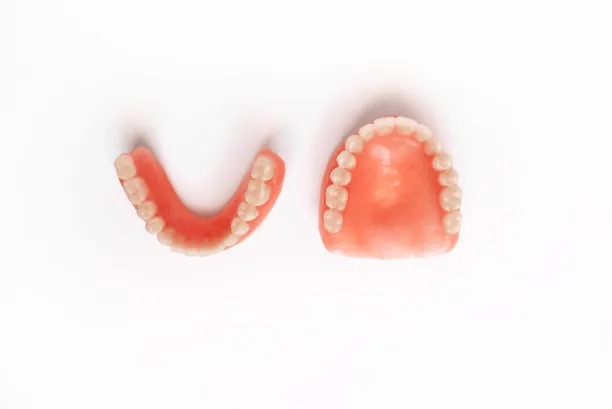Essential Considerations and Precautions to Take Before and After Your Dental Filling Appointment
Summary: Dental fillings are a common procedure for treating cavities and restoring tooth structure. However, to ensure a smooth and successful appointment, patients should be well-informed about several essential considerations and precautions. This article discusses the necessary steps to take before and after the dental filling appointment. It covers dietary recommendations, the importance of discussing medical history and medications with the dentist, post-procedure care, and recognizing potential complications. Understanding these aspects will help you prepare adequately for your visit and ensure a healthier dental experience.
1. Dietary Recommendations Before Your Appointment

Before heading to your dental filling appointment, it is important to plan your meals accordingly. Depending on the type of anesthesia the dentist will use, you may need to avoid eating for a short period. If you will receive local anesthesia, it is generally advisable to have a light meal beforehand. This helps prevent discomfort when sitting in the dental chair for an extended period.
Avoiding certain foods like hard, crunchy, or sticky snacks is also wise. Such foods can exacerbate tooth sensitivity and discomfort during and after the filling process. Opt for softer foods, such as yogurt or smoothies, to keep your energy up without risking any pain to the affected area.
Additionally, steer clear of caffeine. Caffeine may heighten your anxiety levels and lead to increased heart rates, making you less comfortable during the procedure. Ensuring that your body is well-nourished and stress-free will contribute positively to your overall dental experience.
2. Discussing Medical History and Medications
Before undergoing a dental filling, it is crucial to communicate your complete medical history with your dentist. Inform them of any existing health conditions, allergies, or medications you are currently taking. This allows the dentist to tailor the procedure to your needs and minimize the risk of complications.
Certain medications, such as blood thinners, can affect the dental filling procedure process. It is essential to discuss these with your dentist, as they may require adjustments in medication or different techniques during filling placement. Being open about your medical history will ensure a safer, more effective treatment.
Furthermore, if you have experienced previous reactions to anesthesia or materials used in fillings, inform your dentist of these experiences. This proactive communication enables them to plan for any necessary precautions, ensuring your comfort and safety throughout the appointment.
3. Post-Procedure Care for Your Dental Filling
After your dental filling, proper care is critical to ensure the longevity and success of the filling. For the first few hours post-treatment, it is wise to avoid chewing on that side of the mouth to allow the anesthesia to wear off and the filling to settle properly. If you bite your cheek or tongue while numb, it can lead to swelling or discomfort.
Pay attention to the feelings in your filled tooth for the first few days. Some sensitivity to hot or cold is normal, but if the pain persists or worsens, contact your dentist for further evaluation. They may need to adjust the filling to enhance comfort.
Maintaining an excellent oral hygiene routine is essential following your appointment. Brush and floss gently around the filled area, avoiding any aggressive actions that may disturb the filling. Ultimately, the better you care for the filling, the more durable it will remain over time.
4. Recognizing Potential Complications After Filling
Though dental fillings are generally safe, it is essential to be alert to potential complications that may arise. These complications can include persistent pain, changes in bite, or signs of infection. If you experience any of these symptoms, consult your dentist promptly.
Another aspect to consider is allergic reactions. Some individuals may be allergic to materials used in dental fillings, such as composite resin or amalgam. Be vigilant for symptoms like swelling, redness in the surrounding area, or unusual sensitivity. Early detection can help mitigate more severe issues.
Lastly, monitor the condition of the filling. Over time, fillings may wear down or break. Regular dental check-ups will confirm the integrity of your fillings and address any necessary repairs or replacements. Staying proactive about your dental health will save you stress and additional costs down the line.
Summary:
Preparing adequately for a dental filling requires understanding dietary recommendations, being transparent about medical history, practicing post-procedure care, and recognizing complications. By following these essential considerations, you can make your dental experience calmer and more successful. Take the time to ensure you approach your dental filling appointment with confidence and knowledge.
This article is compiled by Vickong Dental and the content is for reference only.



